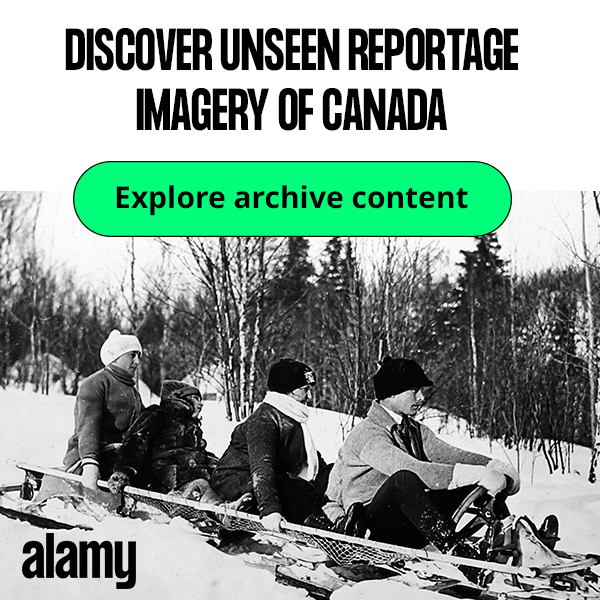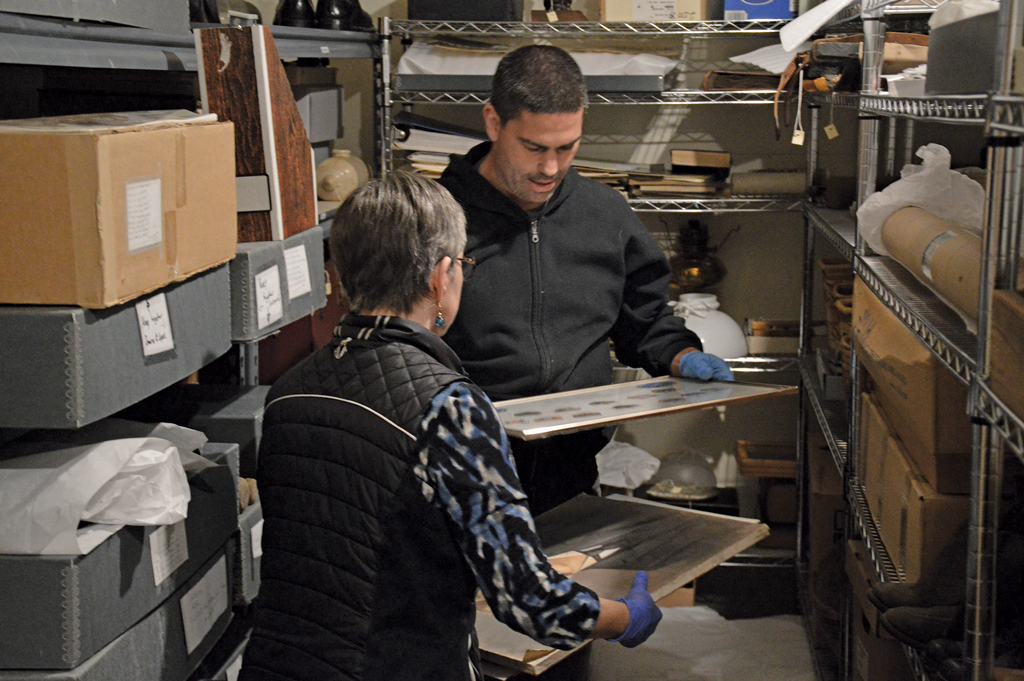
The RE-ORG method for storage reorganization (ICCROM-UNESCO-CCI) is an example of a step-by-step tool that can be used by museums to engage communities through collections-based work and that supports the five Ps. Photo — © Government of Canada, Canadian Conservation Institute. CCI 130398-0013.
Our Collections Matter
Fostering greener, prosperous and cohesive communities through collections-based work
Simon Lambert and José Luiz Pedersoli, Jr.
Heritage collections and their conservation have a crucial role to play in sustainable development. The Value Study of GLAMs in Canada has shown that visits to Canadian galleries, libraries, museums and archives are associated with greater literacy, curiosity, innovation, knowledge and creativity, increased rates of volunteerism and a better sense of community.1 Heritage collections safeguard and transmit cultural and natural heritage directly, but also enable a wide range of activities and programmes — from learning, education, participation and research, to creative industries, sustainable tourism and peacebuilding. Thus, they can also advance sustainability in its different pillars: social, economic and environmental. The Canadian Conservation Institute (CCI) is embarking on a multi-year project with international partners to help heritage institutions take concrete steps in this direction.
Together towards the Sustainable Development Goals (SDGs)
In 2020, ICCROM (International Centre for the Study of the Preservation and Restoration of Cultural Property), an intergovernmental organization that promotes the conservation of all forms of cultural heritage, launched Our Collections Matter. This project seeks to encourage collections-based institutions to play their fullest part in sustainable development, and to ensure that collections work and conservation are valued as contributors to sustainable development by both the heritage and other sectors. Our Collections Matter uses the United Nations’ Sustainable Development Goals (SDGs) and its indicators to connect collections-based work to sustainable development.
| The Our Collections Matter strategy (ICCROM) |
|---|
| Tools: provide practical, readily available methods/tools for collections-based institutions to make concrete contributions towards sustainability (contemplating all five Ps (People, Planet, Prosperity, Peace and Partnership). |
| Training: build capacity in collections-based institutions to play their fullest part in sustainable development through collections work and conservation. |
| Transformation: enact the vision of collections-based institutions working together (within and beyond the sector) and reaching out to their communities to transform our world through collections work and conservation. |
Fundamentally, the SDGs are a call for action by all countries and are at the very core of the Transforming our world: the 2030 Agenda for Sustainable Development, adopted by the UN in 2015.2 They are now featured in the Canadian Heritage Sustainable Development Strategy,3 but are still largely unknown in the museum community. The SDGs can be used by all sectors of society, anywhere — even museums. In fact, some have argued that the SDGs cannot be met fully without museums because of the crucial roles they play in society, e.g. protecting and safeguarding the world’s cultural and natural heritage, supporting and providing learning opportunities, enabling participation for all, supporting sustainable tourism, etc.4 Though aspirational and meaningful, these goals can seem rather vague to most people. Therefore, 231 unique indicators were developed to allow users to set targets and measure progress towards them. The goals and indicators are meant to stimulate action in five “areas of critical importance” for humanity and the planet: People, Planet, Prosperity, Peace, and Partnership (i.e. the five Ps).
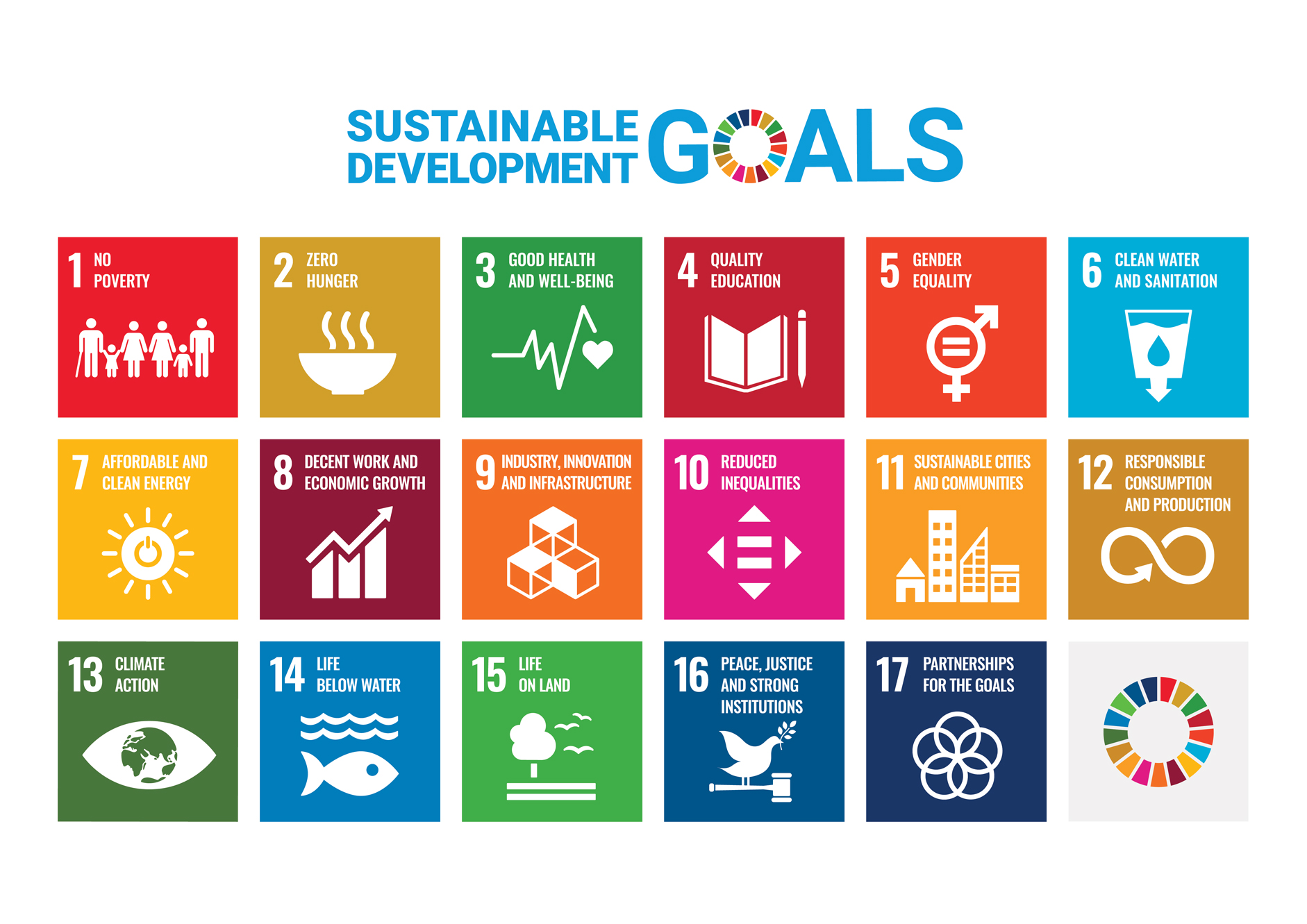
The Our Collections Matter initiative will help heritage institutions concretely engage and demonstrate how their work contributes to the United Nations’ Sustainable Development Goals. Photo — United Nations https://www.un.org/sustainabledevelopment/
“The content of this publication has not been approved by the United Nations and does not reflect the views of the United Nations or its officials or Member States”.
A toolkit for sustainable development
Currently, if a museum wishes to focus on any of the five Ps, there is already a myriad of resources out there, but how do they quantify their contribution to sustainable development? A key objective of the Our Collections Matter project is to develop an online toolkit comprising a selection of meaningful, practical “how-to” guides and methods that support sustainable development through the use, development and conservation of heritage collections. Museums will browse through the toolkit to find tools and methods that support certain SDGs and obtain suggestions on which indicators they could use to set targets and measure progress for those activities. By doing so, museums will be well positioned to demonstrate and communicate to their stakeholders how their activities support sustainable development. This information will help to underscore their added value to society and could be used, for example, to apply for funding. The plan is to launch the toolkit by the end of 2021, after which it will be continue to be updated by the project partners.
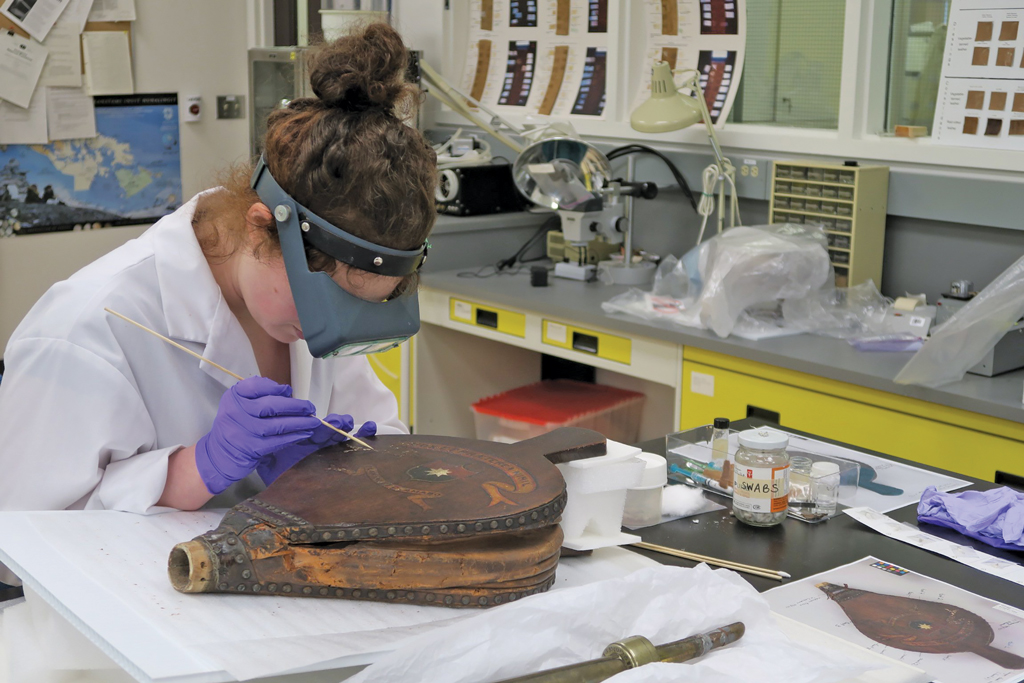
Our Collections Matter will include tools that support more sustainable conservation practices. Photo — © Government of Canada, Canadian Conservation Institute. CCI 130473-0055.
The kinds of collections-based activities around the five Ps could include the following:
- People: promoting democratization and ownership of heritage collections, social integration (intergenerational, intercultural, intercommunal), participatory decision making, value-based and people-centred approaches to heritage conservation and management (e.g., community-based conservation, co-curation, community archiving, etc.).
- Planet: optimizing overall energy efficiency; selecting and using eco-friendly products and procedures for storage, display, and transport of collections; improving climate change adaptation strategies for collection environments; stimulating environmental research and education using heritage collections.
- Prosperity: promoting the use of locally available materials and expertise; revisiting solutions for conservation; seeking to stimulate local creative industries; optimizing the use of heritage collections as an asset for sustainable entrepreneurship.
- Peace: conflict resolution, building and sustaining peace through collections-mediated dialogue and understanding.
- Partnership: creating synergies through effective collaborations among collections-based organizations and beyond to deliver the SDGs, strengthening the position of the heritage sector.
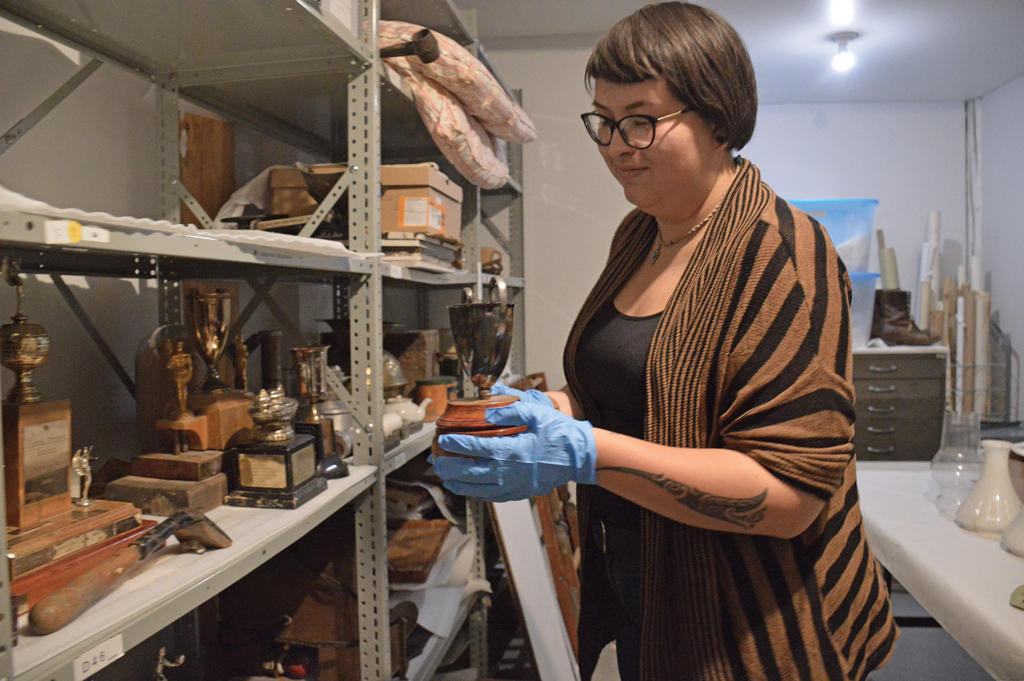
The ultimate vision for Our Collections Matter is for collections-based institutions to transform our world through collections work and conservation. Photo — © Government of Canada, Canadian Conservation Institute. CCI 130398-0009.
| Our Collections Matter partners to date |
|---|
More to follow… |
A strong coalition of international partners
In the first phase of the project, ICCROM will develop partnerships with likeminded organizations to form a coalition of international partners. They will start by identifying the various tools and methods that are already out there — focusing on those that are practical, i.e. those that show people how to do something step-by-step. So far, a list of over 90 tools has been assembled, covering various areas and types of activities.
Next, each partner will test some of these tools with their stakeholders to conduct a critical evaluation to identify their strengths, weaknesses and how effective they are at helping the institution support sustainable development and demonstrate it. By examining the entire selection of tools, it will then be possible to see which SDGs, which of the five Ps or what types of activities are not covered as well and hence, which tools should be developed.
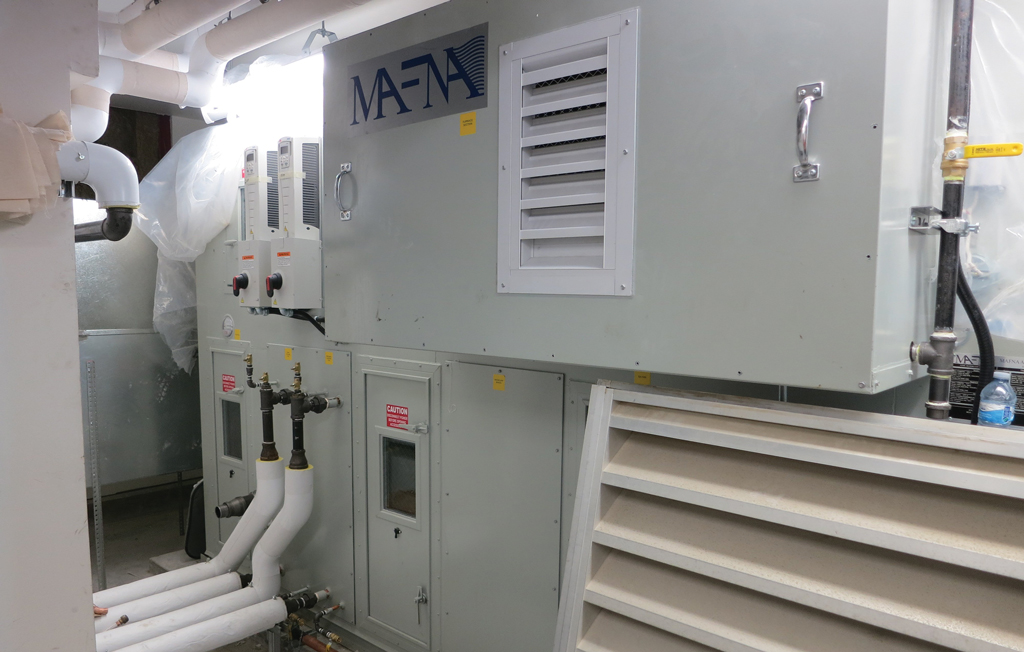
Our Collections Matter may examine tools that can assist heritage institution in optimizing HVAC systems to identify energy savings. Photo — © Government of Canada, Canadian Conservation Institute. CCI 128879-0005
A crucial component of this project is training and capacity building to foster a transformation of the sector and how it positions itself within the broader society. If heritage organizations do not demonstrate their full potential as agents of change and catalysts for development, they run the risk of being perceived as non-essential. This means being de-prioritized when it comes to receiving financial support for sustaining operations. The COVID-19 pandemic is testing the resilience of the heritage sector and institutions need to be prepared to show how they contribute to sustainable development.
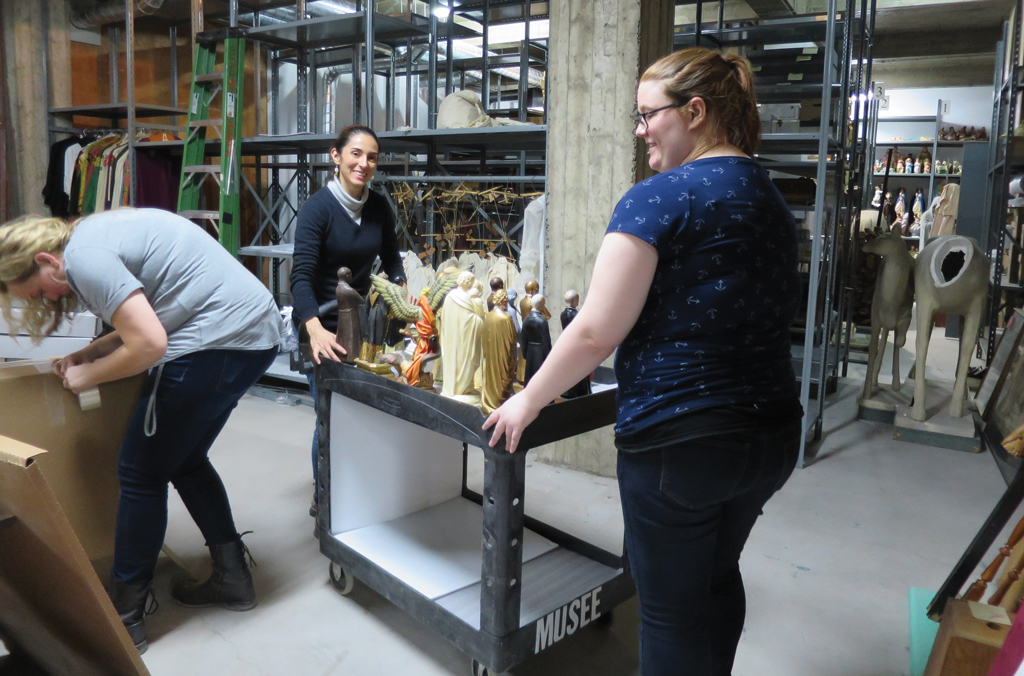
The Our Collections Matter toolkit will cover a range of activities, e.g. exhibition development and collections management. Photo — © Government of Canada, Canadian Conservation Institute. CCI 129389-0017.
How can Canadian museums get involved?
As Our Collections Matter project partners, the Canadian Conservation Institute (CCI) and the Canadian Heritage Information Network (CHIN) have created an internal committee covering various areas: conservation treatment, conservation science, preventive conservation, collections management and digital preservation. This committee has already identified meaningful tools for these areas, and will be looking to collaborate with heritage institutions and groups across Canada in 2021 to test some of them. This initial work will feed into the future phases of the project. To find out more about how your institution can contribute, contact CCI (pch.ICCservices-CCIServices.pch@canada.ca) or ICCROM (collectionsmatter@iccrom.org). M
Simon Lambert is Manager of Preventive Conservation at CCI, leading a team of scientists and advisors. He coordinates the CCI-CHIN Our Collections Matter task force. José Luiz Pedersoli, Jr. manages the Strategic Planning Unit at ICCROM, and coordinates the Our Collections Matter project internationally.
Notes:
- Oxford Economics (2019). Value study of galleries, libraries, archives and museums (GLAMs) in Canada. Oxford Economics. https://museums.ca/uploaded/web/New_Website_docs/announcements/studyglamscanada2020.pdf
- United Nations. (2015). Transforming our world: the 2030 Agenda for Sustainable Development. United Nations. https://sustainabledevelopment.un.org/post2015/transformingourworld
- Canadian Heritage. (2020). Departmental Sustainable Development Strategy 2020 to 2023. Canadian Heritage. https://www.canada.ca/en/canadian-heritage/corporate/publications/plans-reports/sustainable-development-strategy-2020-2023.html
- McGhie, H.A. (2019). Museums and the Sustainable Development Goals: a how-to guide for museums, galleries, the cultural sector and their partners. Curating Tomorrow, UK. http://www.curatingtomorrow.co.uk/wp-content/uploads/2020/01/museums-and-the-sustainable-development-goals-2019.pdf
© ICCROM, 2021. Published by the Canadian Museums Association.
